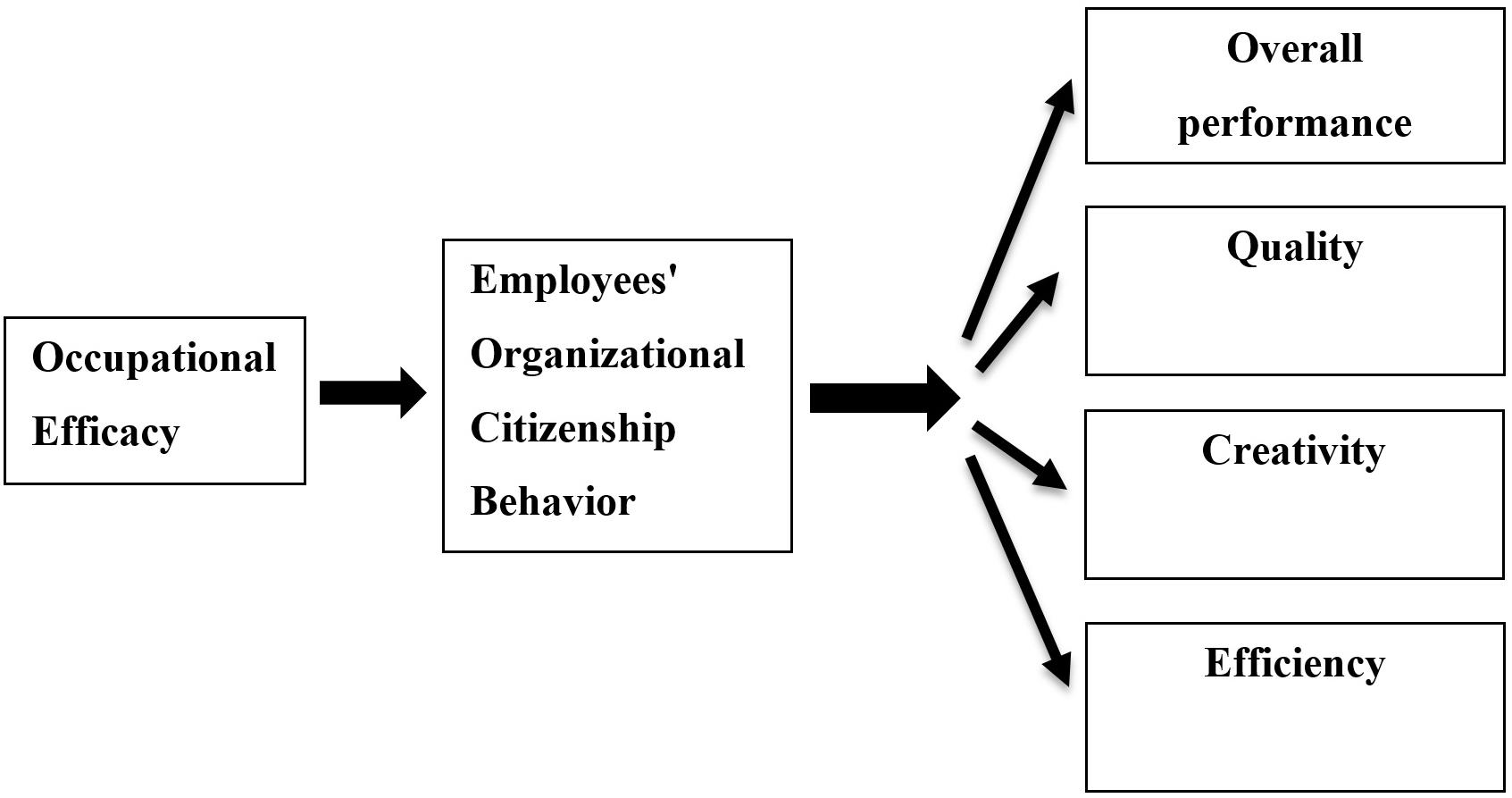
You should look into a program to help you become a financial planner. These programs give you the skills and knowledge necessary to be successful in this profession. This program covers everything, from financial planning and investing. Learn how to market and develop your services, as well as how to refine your practice. And once you're finished, you'll have formed a valuable network of professionals who can help you succeed in the business.
Accreditation of financial advisor programs is the most important criterion
When choosing a financial advisor development program, accreditation is one of the most important criteria. Accreditation signifies that the program has been approved by an accredited overseeing body. Accredited programs can also be eligible for financial aid, and you can transfer credits from other educational programs.

Students must pass the Securities Industry Essentials (SIE Exam)
To become a financial advisor, students must pass the Securities Industry Essential (SIE), a test given by FINRA. This exam is required for all other exams that are required to become a licensed securities professional. The exam is only open to students who are at least 18 years old. The SIE exam is 75 multiple-choice questions. The minimum passing score for the SIE exam is 70%. This is a great option for students and career changers looking to get into the industry. Passing this exam indicates that you are serious about entering the field.
The SIE exam can increase your marketability and help advance your career. Although the exam may seem intimidating, there are many study options available. It will give you an edge over your peers, and open doors to your financial future.
Students must complete the Financial Planning Specialist (FPS) program
A comprehensive program of study is required to become a Financial Planning Specialist. This program prepares students for the 160 multiple-choice PFS exam. Half the questions are stand-alone, the other half being related case studies. The exam is five hours long. You can prepare for the exam by watching a video tutorial, which also includes a practice session. Students will also need to earn four technical certificates as well as a complete education bundle.

A certified professional in financial planning is the Personal Financial Planning Specialist. A PFS must meet the AICPA accreditation standards. PFS can work in tax preparation, financial management, elder care, tax planning, retirement planning, estate planning, investments or tax preparation. Students must have experience in 11 areas to qualify as a PFS.
FAQ
What is the secret to modern consulting?
Accounting professionals were the first to become consultants. They helped companies manage their finances. They became known as "accounting consultants." This was because they had become very skilled at managing financial information. This role quickly expanded to include human resource management.
The term "consultant" came from the French word for "to advise." It was used by businessmen to describe someone who could offer advice on how to run an organization. Today, business owners still use the term consultant to refer to any type of professional advisor.
How much do consultants make?
While some consultants make $100k+ per year, most consultants only earn between $25-$50k. The average salary for a consultant is $39,000. This includes both salaried and hourly consultants.
Salary depends on the experience of the consultant, their location, industry, type and length of the contract (contractor or employee), as well as whether they have their own office or work remotely.
What does it mean to be a consultant?
Consultants are those who offer services to other people. It's not a job title. A consultant is a role that helps others achieve their goals. Helping others to understand their options, and then helping them make the best decisions.
Consultants are experts at finding solutions to problems and challenges that arise when working on projects. They can provide guidance and advice on how to implement the solutions.
Consulting should be able answer any questions related to technology, finance, law and management.
What is the difference?
A consultant provides advice on a topic. A consultant provides solutions to problems.
A consultant works directly with clients to help them achieve their goals. The advisor provides indirect advice through books, magazines lectures, seminars, and the like.
What industries employ consultants?
There are many types. Many consultants specialize in a particular type of business. Others may be more focused on multiple types.
Some consultants work exclusively for private businesses, while others represent large corporations.
Some consultants are available to help businesses around the world.
Why would a company want to hire a consultant for their business?
Consultants provide expert advice on how to improve the performance of your business. They don't sell products.
A consultant is a person who helps companies make better choices by providing sound analysis, and making recommendations for improvement.
Consultants often work closely alongside senior management teams to help understand what they need to succeed.
They also offer leadership training and coaching to ensure that employees are able to perform at their best.
They may advise businesses on reducing costs, streamlining processes, and increasing efficiency.
Statistics
- Over 62% of consultants were dissatisfied with their former jobs before starting their consulting business. (consultingsuccess.com)
- My 10 years of experience and 6-step program have helped over 20 clients boost their sales by an average of 33% in 6 months. (consultingsuccess.com)
- WHY choose me: Why your ideal client should choose you (ex: 10 years of experience and 6-week program has helped over 20 clients boost their sales by an average of 33% in 6 months). (consultingsuccess.com)
- Over 50% of consultants get their first consulting client through a referral from their network. (consultingsuccess.com)
- On average, your program increases the sales team's performance by 33%. (consultingsuccess.com)
External Links
How To
What's a typical day like for a Consultant?
A typical day will vary depending on the type of work you are undertaking. But generally speaking, you will spend time researching and planning new ideas, meeting clients, and preparing reports.
Meetings are a common way to discuss problems and issues with clients. These meetings may be over the phone via email, on-line, or face-to–face.
Also, proposals are documents that outline your ideas or plans for clients. These proposals should be discussed with a mentor or colleague before being presented to clients.
After all the preparation and planning, it's time to actually create some content. You might be creating articles, videos, editing photos, writing interviews, or designing websites.
It depends on the project's scope, you might need to do some research to collect relevant statistics. You might need to determine how many customers you have, and whether they buy more than one product.
After gathering enough information, you can present your findings to clients. You may give your findings orally or in written form.
After your initial consultation with clients, you need to keep in touch. For example, you might call them periodically to see how things are going or send emails asking them to confirm that they received your proposal.
This is a long process that can take some time. However, it is crucial to stay focused and to maintain good relationships.